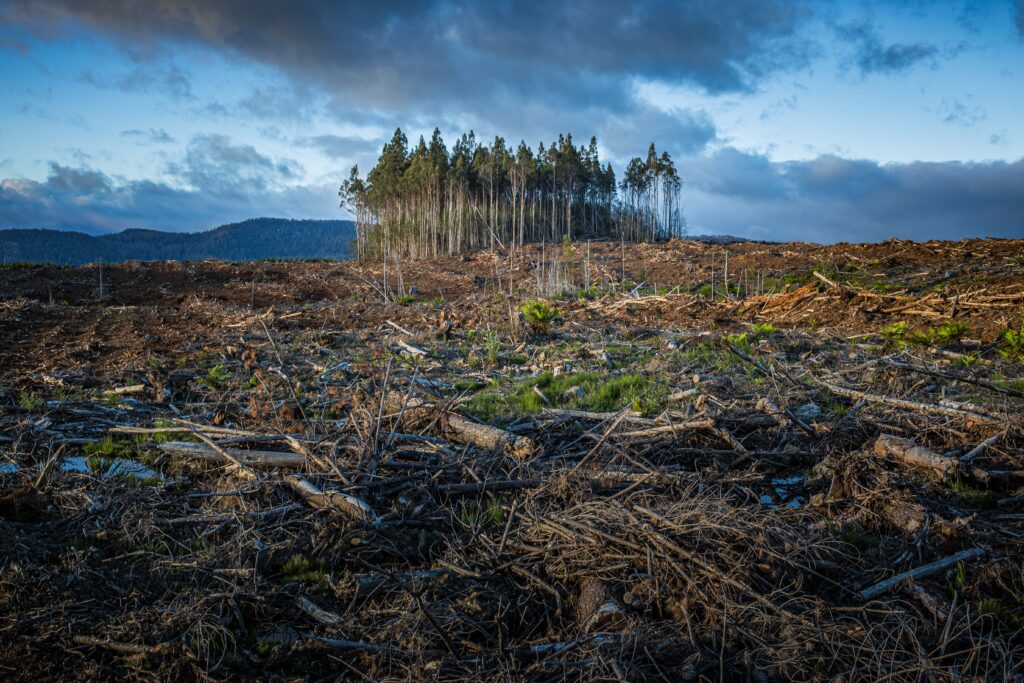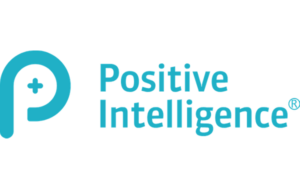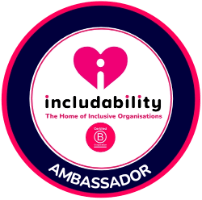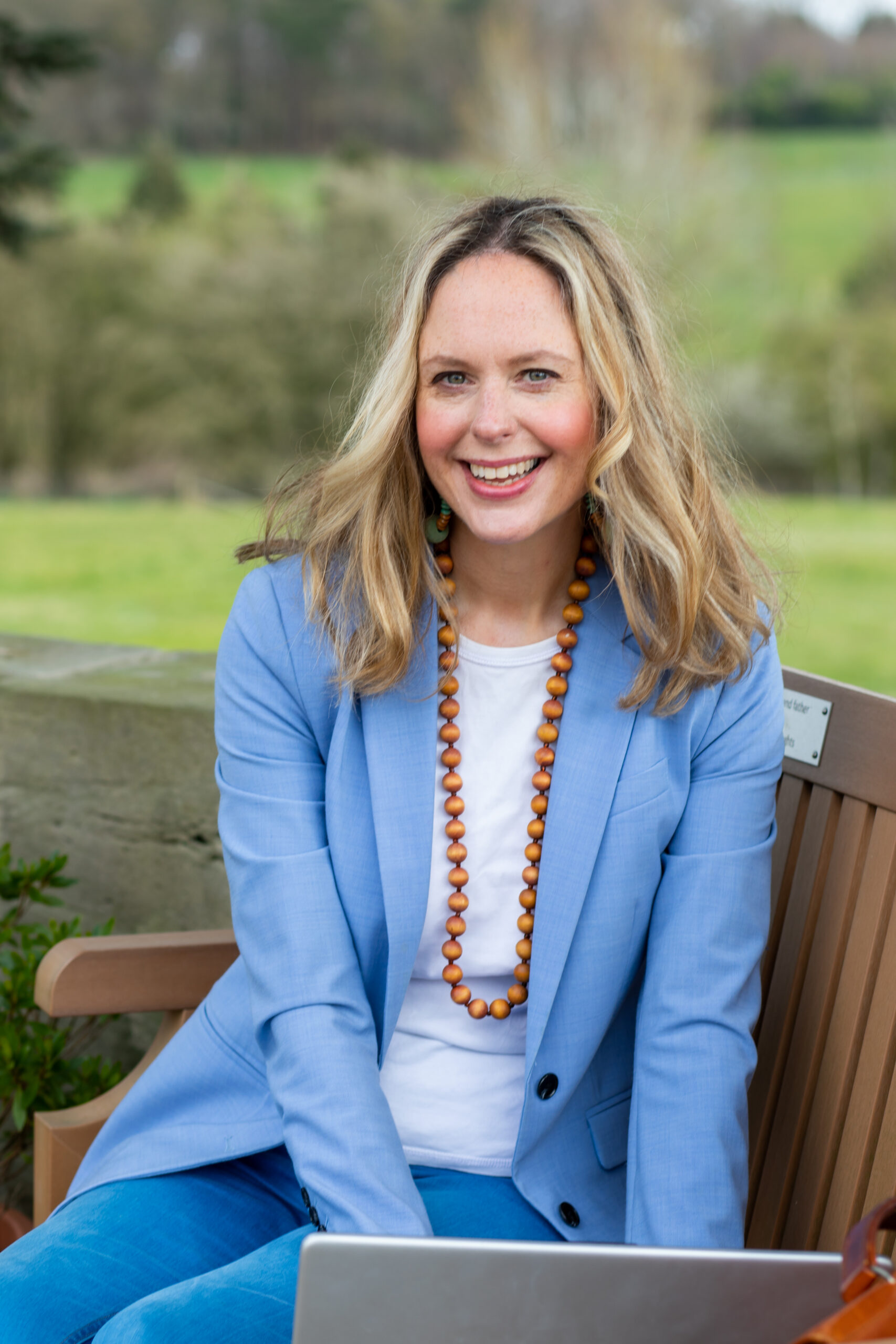There’s been a flurry of new announcements this week from COP26. It was reassuring to see the twinkling presence of the 95-year-old Sir David Attenborough who cut through the politicians’ hyperbole and lit a beacon of hope, a challenge to our shared humanity and to our global leaders. There is still time if we act NOW!
I was just starting college in 1992 when the Kyoto Protocol was being negotiated. As a passionate climate activist and teen vegetarian, it all felt more symbolic than pragmatic.
We really can’t afford for history to repeat itself.
A generation on, whilst eyes are on Glasgow, it feels like the right time to take the conversation to a more personal place.
The human gut!
What’s your gut got to do with it, you ask? Let’s just say a lot.
Gut health is a litmus test. Right now, many of us in the West are busily, and often unknowingly, industrialising our guts.
The typical Western diet and lifestyle are contributing to the loss of species in our inner microbial ecosystem – our gut microbiome.
Why does this matter?
Well, it matters because our microbial diversity is protective – it’s linked to the health of our immune system and, it’s becoming clear our physical and mental health.
What’s alarming is that the lifestyle choices we are making to create this inner loss of biodiversity, AKA the ‘industrialisation of the gut’, are simultaneously being mirrored externally out in nature.
This makes sense, right? The decisions we each day make around our dinner plate have very real repercussions for the wider planet.
It was good to hear at COP26, 33 financial institutions, with around US$8.7 trillion in assets, committed to tackling deforestation driven by agricultural commodities…by 2025, with a focus on palm oil, soy, beef.* We need to see a move away from a narrow range of commercial crops used to create a narrow range of highly processed foods, toward greater diversity.
So, when you next sit down to eat, how about choosing, as much as possible REAL, seasonal food, ideally locally produced. Even better, seek to grow your own, to support your own inner ecosystem. In doing so you’ll almost certainly contribute to protecting the diversity of the planet.
What can you do today to protect your inner ecosystem?
Photo by Matt Palmer on Unsplash












